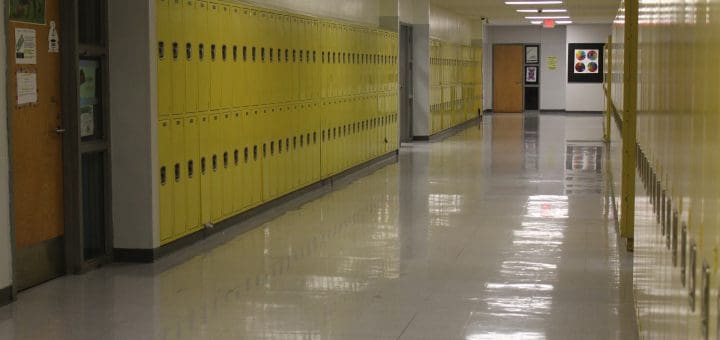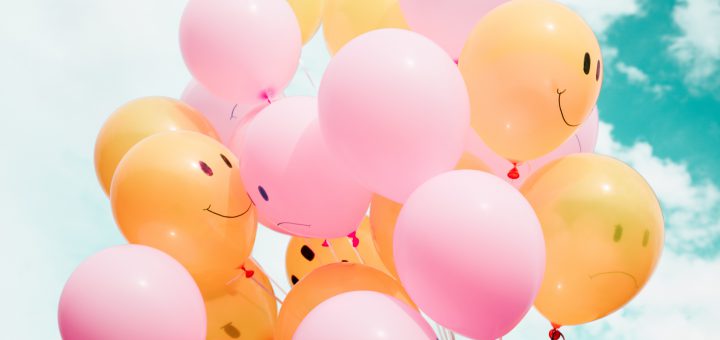Where Do LGBT+ Youth Look for Mental Health Support?
Although the internet is most likely the preferred method for pretty much anyone trying to learn more information, whether it be news stories, recipes, or advice from those who have gone through similar experiences, it’s particularly important for LGBT+ youths.










Recent Comments